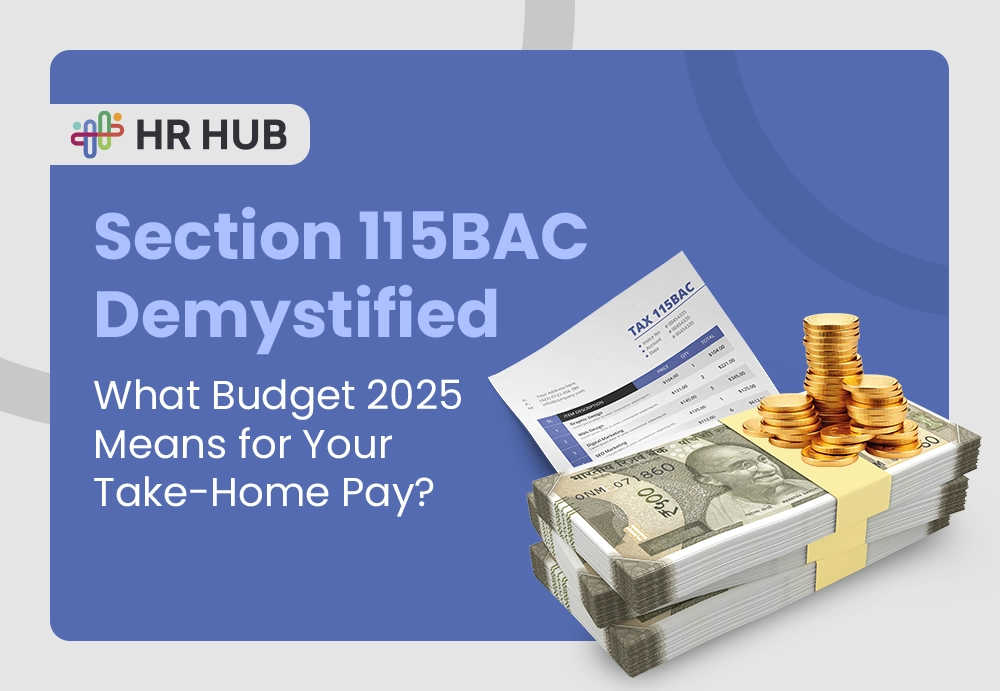The business world is hailing data as the new gold, and this is radically changing human resources (HR) departments. HR is no longer just considered an administrative branch whose primary goals are compliance and payroll.
By leveraging the greatest HR data analytics, the HR department sets the bar to assist strategic decision-making, improving worker performance and elevating employee engagement. The advancement of HR analytics is one of the best illustrations of this trend and a game-changer for businesses hoping to prosper in the digital era.
Understanding HR Analytics
HR analytics is the methodical collection and analysis of HR data to improve worker performance inside a firm and produce superior business results. It is also sometimes referred to as people analytics or talent analytics. It contains some metrics, including statistics on hiring and staff turnover, performance reviews, and employee engagement questionnaires.
What are the Advantages of Having HR Analytics?
HR analytics offers numerous advantages for businesses looking to optimize their human capital management processes. Here are some key benefits:
Data-Driven Decision Making
Active HR analytics operations help businesses make fact-based decisions rather than speculative or emotional ones. Thus, decisions about hiring, talent management, employee engagement, retention tactics, and other HR-related matters become better informed and efficient.
Insights Understandings
By properly analyzing HR analytics, Businesses can easily adopt future personnel needs and issues, which look at past data and find patterns. Companies that take a proactive stance can better foresee problems and deal with them before they worsen.
Improved Recruitment and Retention
Businesses, by properly utilizing accurate HR analytics processes, understand the reasons behind employee loss and identify the characteristics of great performers. Armed with this knowledge, businesses may improve their hiring procedures to attract candidates using the correct recruitment process for those who have the potential to succeed and start retention initiatives to keep important staff members.
Enhanced Employee Experience
HR analytics can analyze employee feedback, engagement surveys, and other relevant data to obtain insights into the factors affecting employee satisfaction and morale. This enables businesses to tailor employee experience initiatives to their workforce's particular needs and preferences, thereby increasing worker engagement and output.
Cost Savings
HR analytics can help businesses reduce hiring, training, employee attrition, and absenteeism costs by optimizing HR processes and raising employee output. It also enables companies to allocate resources more effectively, ensuring that talent investments yield the highest returns.
Why Do Businesses Prefer HR Analytics?
Businesses across industries are increasingly turning to HR analytics for several reasons:
Competitive Advantage
Nowadays, organizations strives hard with almost every opportunity to stay ahead. To stay ahead in the competitive market, businesses use HR analytics to make data-driven decisions that stimulate performance and innovation and give them deeper insights into their personnel.
Alignment with Strategic Goals
Companies use HR analytics to streamline better their business efforts and HR efforts with overarching strategic goals like boosting sales, raising customer satisfaction, or entering new markets. Organizations may optimize the return on their HR investments by concentrating their efforts on areas that directly impact business success.
Adaptation to Change
The next important thing to consider for businesses is to be flexible and adaptable to the ever-changing labor dynamics and rapid technological improvements. Thanks to HR analytics, businesses may instantly modify their HR practices and plans in response to shifting corporate goals, legal requirements, and market situations.
Demonstrated ROI
HR analytics provides a quantifiable means of assessing the effectiveness of HR programs and interventions, as organizations come under growing demand to prove the return on investment (ROI) of their HR initiatives. Businesses can gain support from important stakeholders and defend their HR expenditures by measuring the results of their work.
Enhanced Risk Management
Businesses may detect and reduce workforce management risks including talent shortages, regulatory infractions, and gaps in succession planning by using HR analytics. Organizations may steer clear of expensive legal issues, talent shortages, and other possible disasters that could hurt their bottom line by proactively managing these risks.
Leveraging Data for Strategic HR Management
One of its key advantages is using HR analytics to match HR activities with overarching business objectives. By evaluating employee performance, engagement, and retention data, HR can pinpoint the main elements influencing an organization's success and create focused programs to draw in and keep top talent using the HR analytics software.
HR may prevent top performers from leaving the company by employing HR workforce analytics software to detect inpiduals about to leave. Similarly, it can pinpoint skill shortages in the workforce and guide programs for employee training and development to guarantee that staff members possess the abilities necessary to propel company achievement.
Additionally, the best HR analytics tools allow businesses to assess the results of HR initiatives and interventions, giving them important information about what works and what doesn't. HR may drive organizational effectiveness and continuous improvement by iteratively improving its procedures over time by continually monitoring key metrics and making necessary adjustments to strategies.
The Prospects of HR Analytics
HR analytics will grow significantly as technology develops and firms become more data-driven. HR professionals who embrace analytics as a fundamental ability and utilize data-driven insights to assist decision-making will have an advantage in supporting organizational performance in the digital age.
HR analytics marks a paradigm shift in how companies approach HR. By utilizing data, HR can transcend traditional processes and become a strategic partner in fostering innovation and corporate expansion. Future prospects for HR analytics seem limitless, offering untapped advantages to businesses implementing data-driven HR administration.






